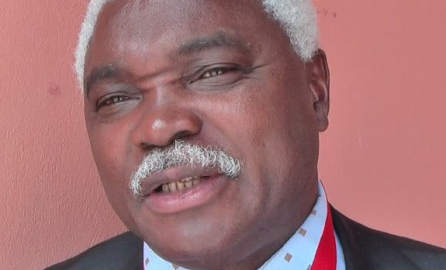To strengthen local governments across Africa, donors would be advised to spend more time and resources in researching and understanding local systems, according to Jean Pierre Elong Mbassi a key expert from the region.
Mr Mbassi, from Cameroon, is a well known expert in decentralisation and has worked for years to promote decentralisation and local governance in Africa. He is currently the Secretary General of the United Cities and Local Governments of Africa, a gathering of 15,000 local authorities from the continent.
At a recent three day event in Morocco, titled ‘Capacity is Development’ organised by United Nations Development Programme, Mr Mbassi told capacity4dev that there are some gaps in understanding, both at the donor and the local level, that should be addressed to strengthen African local governments. Watch the full interview, below.
Decentralisation offers an opportunity to rebuild trust between the state and populations, according to Mr Mbassi. This is needed to address fundamental blockages which constrain development efforts. Local authorities are imported elements, he said, which should build a stronger connection with existing local structures.
All communities in Africa are structured and organised. While these structures are rich, they are often ignored throughout the decentralisation processes and by external actors, according to Mr Mbassi.
And at the local level there is frequently a lack of understanding of “imported” governance principles. The rationale behind multi-party democracy rules – namely the need for term limits – is not always understood, said Mr Mbassi. For example, on a recent trip to Mali residents asked Mr Mbassi: "If a mayor is a bad manager why should we keep him for five years? If he's a good manager we should be able to keep him longer."
Such lack of shared understanding needs to be addressed as it threatens to undermine efforts to build governance and democracy in Africa, said Mr Mbassi.
Ideally, partner support to the decentralisation process should start from supporting dialogue and links between the relatively newly established local authorities and the traditions and heritage of the existing communities. Though this requires time and energy, it's key to understanding the local scene. Donors need to be modest and accept that spending more time and energy listening, researching and understanding the functioning of existing communities is not a waste of resources, according to Mr Mbassi.

Log in with your EU Login account to post or comment on the platform.